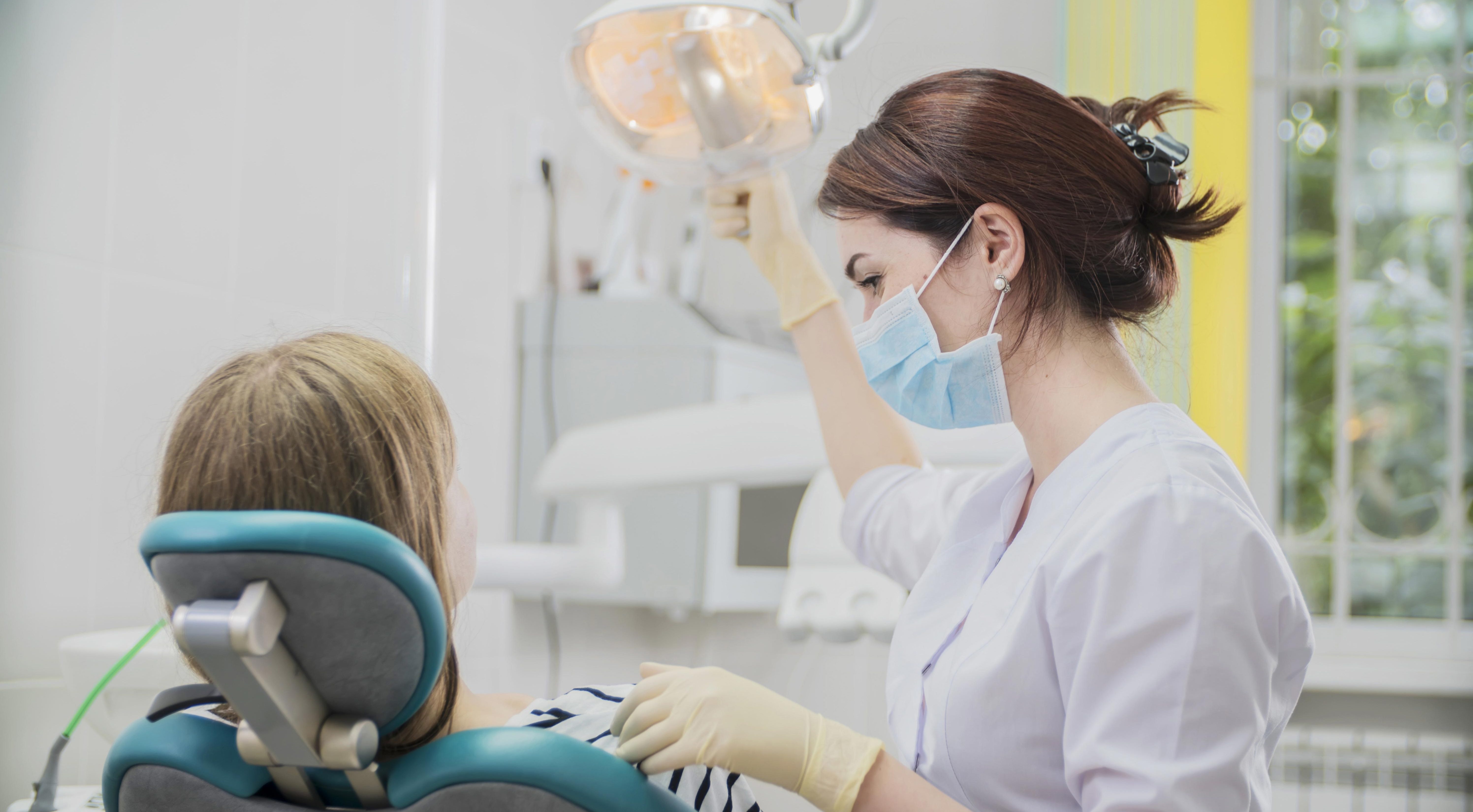 The Care Quality Commission says care homes aren’t doing enough to ensure residents get the oral health care they need.
The Care Quality Commission says care homes aren’t doing enough to ensure residents get the oral health care they need.
An in depth review from the regulator found:
- The majority (52%) of care homes visited had no policy to promote and protect people’s oral health
- Nearly half (47%) of care homes were not providing any staff training to support people’s daily oral healthcare
- Almost three quarters (73%) of residents’ care plans reviewed only partly covered or did not cover oral health at all
- Homes looking after people with dementia being the most likely to have no plan in place
- A fifth (17%) of care homes said they did not assess people’s oral health on admission.
‘Oral health has a huge impact on our quality of life and we need professionals across a number of sectors to make changes to ensure it is given the priority it needs in care home settings,’ Kate Terroni, chief inspector for adult social care at the CQC, said.
‘Oral health cannot be treated as an afterthought.
‘Care home managers must recognise the significance of oral health.
‘And professionals including GPs, dentists, dental hygienists and community nurses need to work together to elevate the importance of oral health in care homes and to prioritise this as part of their work.
‘The changes needed can only happen with the efforts of all parts of the health and care system coming together.
‘By working in partnership, we can make a positive impact on the quality of life of people living in care homes.’
Time for a revolution
Two thirds (67%) of care homes claim residents could always or nearly always access NHS dental care.
Despite this, the CQC report claims there is a lack of dentists able or willing to visit care homes.
Other challenges included dentists not accepting new patients and the time it took patients to get an NHS dental appointment.
‘This welcome report shines a light on services that are failing some of the most vulnerable in our society,’ Charlotte Waite, chair of the BDA’s England Community Dental Services Committee, said.
‘There are residents unable to eat, drink and communicate, as an overstretched NHS struggles to provide the care needed.
‘We require nothing short of a revolution in the approach to dentistry in residential homes.
‘Oral health can no longer remain the missing piece when it comes to care planning and budgets.’
Emergency dental treatment
Of the homes visited, 10% reported they had no way of accessing emergency dental treatment for people.
A third, 34%, of homes told us they had no or limited access to out-of-hours services with some stating that they had to call GPs, NHS 111, or even take the person to A&E.
The CQC is now calling for a cross-sector approach to tackle the concerns raised by this report.
‘We fully agree that people who use care home services, their families and their carers need to be made more aware of the importance of maintaining oral care,’ Professor Michael Escudier, dean of the Faculty of Dental Surgery (FDS) at the Royal College of Surgeons, said.
‘It’s disappointing to learn that 39% of care home managers weren’t aware of NICE guidelines on oral health.
‘Anyone with an elderly relative in a care would naturally hope that the manager would know about this guidance.
‘The CQC’s report also highlights the huge gap in training, with nearly half (47%) of care homes surveyed saying they did not provide specific training on oral health to their staff.
‘It’s vital that care providers give their staff appropriate training.
‘They should also ensure they have an oral care policy in place and that oral health is included in initial health assessments.’
Related stories:


